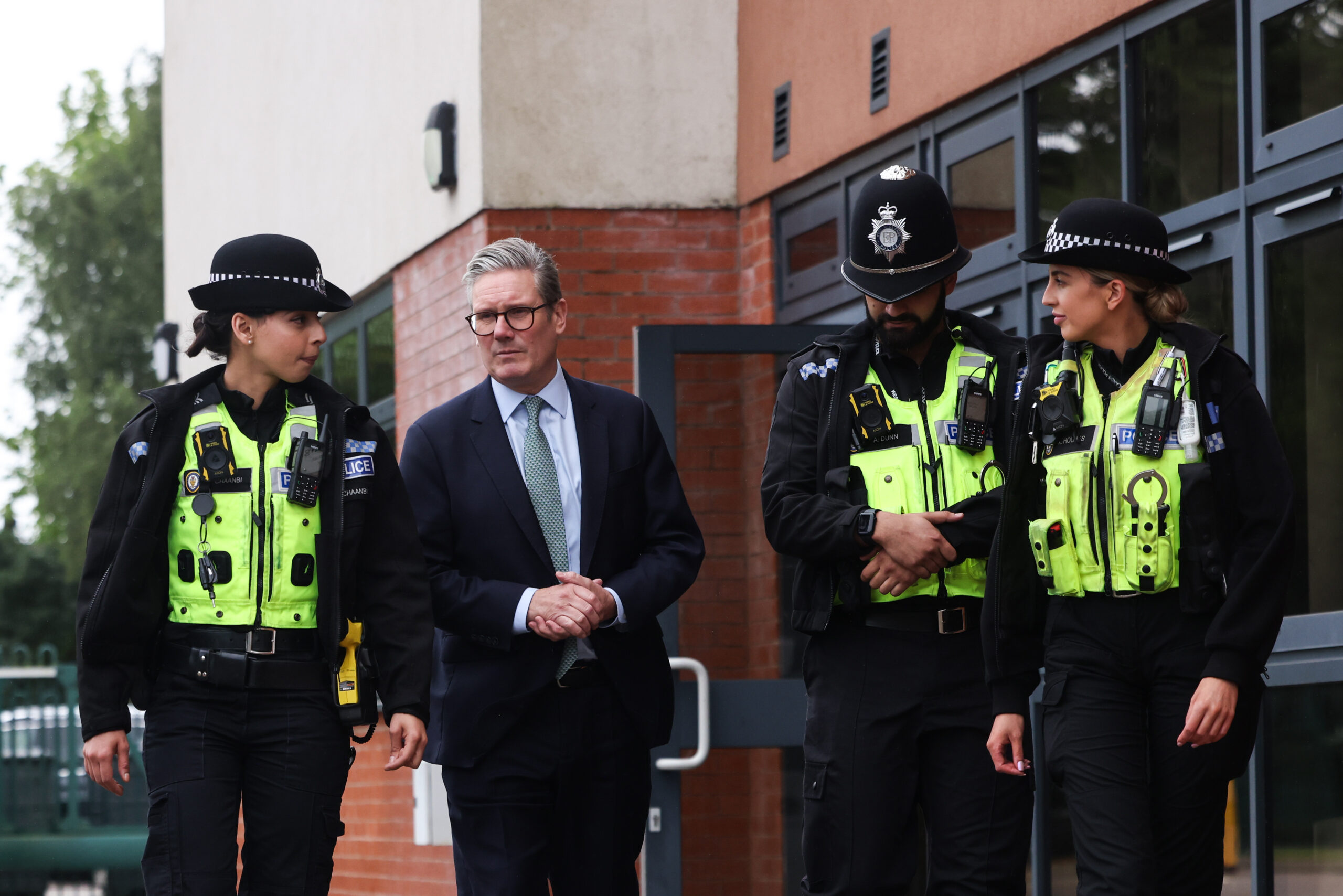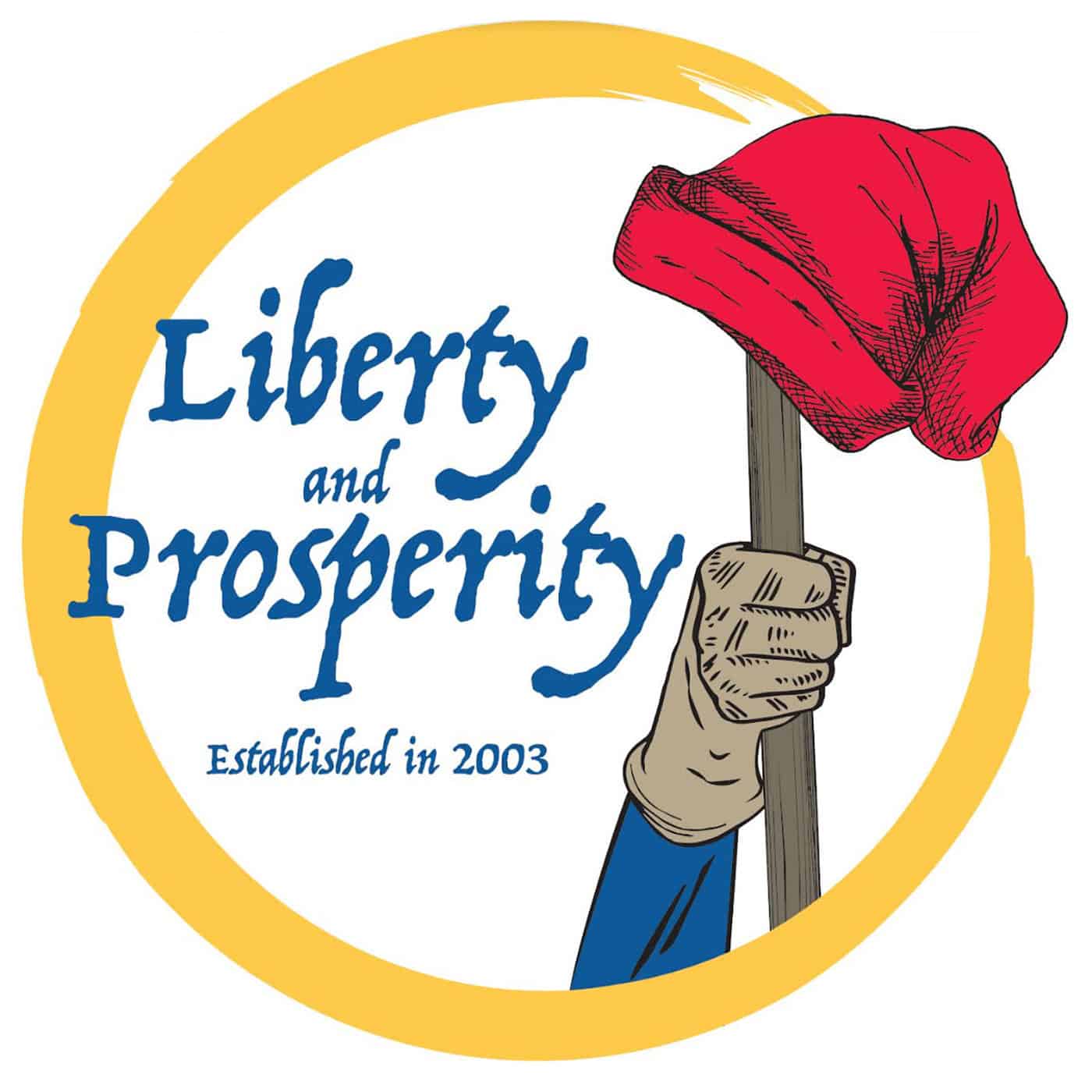U.K. officials have social media and online speech in their crosshairs once again. This time, it’s the anti-migration protests spreading throughout the country that have triggered the latest clampdown on free speech and led to accusations of a two-tiered justice system.
The authorities and mainstream media are blaming the civil unrest on online “misinformation” and “disinformation,” claiming the misidentification of a multiple-infanticide suspect precipitated rioting and violent clashes involving anti-migration protesters and counter-protesters.
As tensions mount, so too have challenges to the monopoly on information and truth, reigniting the debate on free speech and internet censorship. But the fight is not confined to the streets; with X owner Elon Musk and newly elected U.K. Prime Minister Keir Starmer now trading barbs, it has spilled into the halls of Parliament and the board rooms of corporate America.
 Source: X @Keir_Starmer
Source: X @Keir_Starmer
Musk is a firm believer in the marketplace of ideas — what he calls the “digital town square” — unfettered by the censorship of self-anointed arbiters of truth. Starmer, who led the Labour Party to victory in last month’s election and ended 14 years of Conservative rule, has vowed to crack down on online speech, including posts on social media platforms like X.
The prime minister’s position is echoed by Police Commissioner Mark Rowley, who earlier this week said he would come after “keyboard warriors” inside and outside the country who post or share objectionable material online — a message some have interpreted as threatening extradition. Other government communications have warned social media users to “think” before posting “content that incites violence or hatred.”
The Orwellian messaging has left many people on both sides of the Atlantic wondering, is free speech protected in the United Kingdom anymore?
But was it ever?
Unlike the United States, the United Kingdom has neither a codified constitution nor a system of judicial review for parliamentary acts, instead operating on the principle of parliamentary sovereignty. Parliament has passed laws for hundreds of years respecting the rights of the people, including the Bill of Rights 1689 and the Human Rights Act 1998, but they offer minimal protection in practice. Although these laws are said to make up the country’s “unwritten constitution,” they can be amended just like any other legislation — much more easily than the U.S. Constitution.
An examination of U.K. law is revealing. While the “right to freedom of expression” appears to be enshrined in Article 10, Section 1, of the Human Rights Act 1998, Section 2 places conditions on its exercise as “prescribed by law.” So long as that law serves one of several ambiguous functions, like being “necessary in a democratic society” or protecting “morals,” it can legally prevent U.K. citizens from exercising their right to freedom of expression.
It’s not difficult to imagine how this provision could be and has been abused by arbitrary lawmakers given the vagueness of Section 2. One need look no further than the present situation to recognize how authorities are using the Public Order Act 1986 and the Communications Act 2003 to silence protesters.
But this is not just happening in the United Kingdom.
France’s Declaration of the Rights of Man and the Citizen claims free communication is “one of the most precious rights of man” and recognizes the right to “speak, write and publish freely in Article 11. However, it too places conditions on that right: “except what is tantamount to the abuse of this liberty in the cases determined by Law.” This clause renders the right to free speech subordinate to the whim and will of duplicitous lawmakers.
Canada is no different. Section 33 of the Canadian Charter of Rights and Freedoms allows laws to operate even if they violate the freedoms of conscience and religion; thought, belief, opinion, and expression; peaceful assembly; and association so long as Parliament declares it may do so. This escape clause applies to the right to life, liberty, and security, too.
Considering these loopholes, it is somewhat surprising that Freedom House assigns the United Kingdom, France, and Canada a higher freedom score than the United States. But like the empty words of a hollow constitution, the rankings are clearly meaningless as current events have shown. Indeed, Americans should consider themselves blessed to have the U.S. Constitution and grateful to the Founders for their prudence, restraint, and foresight.
-

David Mineo is a research consultant based in Somers Point, New Jersey. He holds a master's degree from Georgetown University's Edmund A. Walsh School of Foreign Service and a bachelor's degree in English literature from St. John's University.
View all posts
